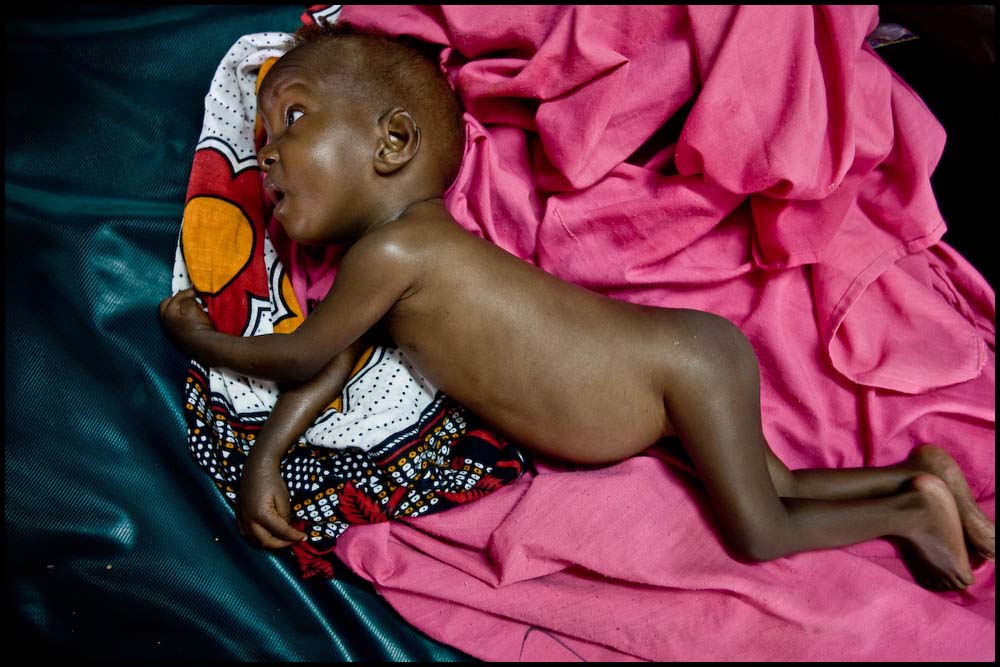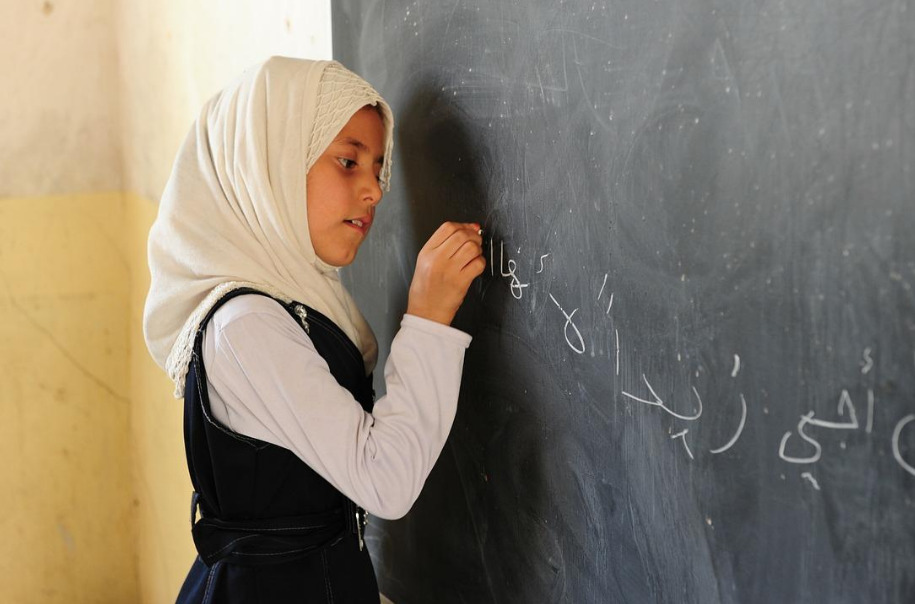
Listening to your family members bicker at the dinner table during the holiday season isn’t the only type of politics being served up. Every time food is bought, sold, or eaten, the global food marketplace is affected, in turn impacting global politics. Having food is perhaps the most fundamental of human rights, yet it remains a right difficult to ensure for the global population; 805 million people lack adequate sustenance—that’s one out of every nine people on the planet. When this right cannot be upheld, the human survival instinct kicks in, historically leading to geopolitical upheavals and revolutions across the globe. The availability of food, prices and the power of food in influencing populations are all intrinsically linked. And, as much as geopolitics influences food, the converse also holds true.
Several revolutions in history are demonstrably linked to a lack of available and/or reasonably priced food or basic nutrients. Mahatma Gandhi, for example, led the Salt March in 1930 to protest against the Salt Laws that made salt incredibly expensive, which garnered worldwide attention, and arguably sparked the Indian Revolution. The French Revolution was similarly founded upon the hunger of the people and even the American Revolution included food riots.
These examples are from times past, but the power of food insecurity has not changed. We’ve seen revolutions in Africa and the Middle East that have been linked to a lack of food, especially in 2008 with upheavals in more than 40 nations including Tunisia, Libya and Egypt. Each of these states is a food importer, usually because they lack the necessary geo-environmental (soil) conditions or the technical capacity to produce their own food. These are typically developing states that must purchase basic foodstuffs from other nations, putting themselves at the mercy of the food-producing nations.
There exists a higher power than the producer states, however: the climate and global climate change. An exceptionally weak monsoon in India puts whole harvests in danger, spiking prices dramatically in the states that depend on India. For each degree celsius increase in the global temperature, there is a net loss of 10% in the world’s food production; simultaneously, as humans produce less and less food, the global dining table adds 228,000 more mouths to feed every day. It’s basic economics: as demand for food rises while provisions plummet, the price skyrockets. In 2008, food prices tripled globally. The Arab Uprisings started shortly thereafter.
Rich and producer states are largely unaffected by explosive changes in food prices, and rarely experience revolutions within their own borders. That does not mean that they are careless. In fact, they are very wary of food insecurity. As a result, they invest in the purchase of foreign land, often in developing countries. This is the land that the poorer, developing countries themselves could not use, but that the richer nations have the technological capacity to produce food on, despite the difficult soils. For instance, a South Korean firm recently attempted to purchase a million hectares of land in Madagascar for a 99-year period; oil-rich Middle Eastern nations are following suit. China, Britain and the US are also particularly big “land grabbers”, buying up land mostly across Africa and Asia, the former being home to the highest prevalence of hunger and the latter home to two-thirds of the world’s hungry people. If this sounds like rich states taking advantage of poorer states to ensure their own food security, that’s because it is. The practice of “land grabbing” has even been called neocolonialist. The poorer states agree to these land grab deals to gain quick revenue, especially during the current recession. Ultimately, though, they lose much more than they gain.
![A global map of land-grabbing. 2012. [1]](https://www.glimpsefromtheglobe.com/wp-content/uploads/2015/01/imrs.php_-1024x553.jpeg)
Land grabbing and food insecurity is setting off a geopolitical domino effect. Although Realists will tout the necessity of each state ensuring its own security in the anarchic international system, I argue richer states are responsible for mitigating global hunger and strife. More attention must be paid to helping poorer states develop and use technology to grow their own crops. If land grabs are necessary, then they are far more profitable to the world if the newly developed farmland were used to feed local populations. Conquering food insecurity is not an impossible challenge to meet. Success would yield more international stability, but the most valuable reward will be fulfilling a right for millions of people—one requisite for the right to life.
[1] Rulli, M. C., A. Saviori, and P. D’odorico. “Global Land and Water Grabbing.” Proceedings of the National Academy of Sciences: 892-97. Accessed January 14, 2015. http://www.pnas.org/content/110/3/892.full.pdf html.
The views expressed by the author do not necessarily reflect those of the Glimpse from the Globe staff, editors, or governors.







